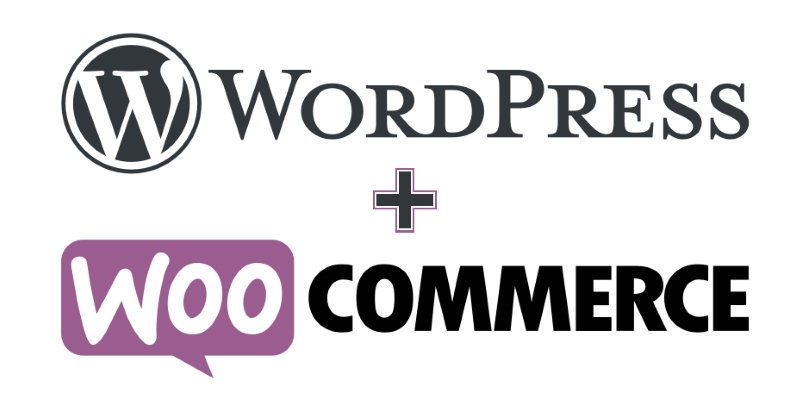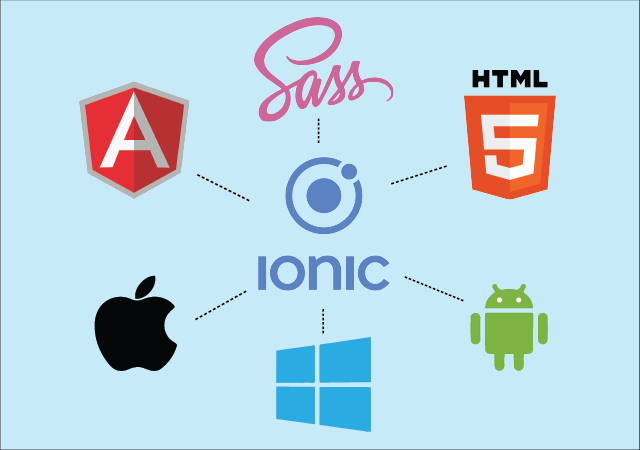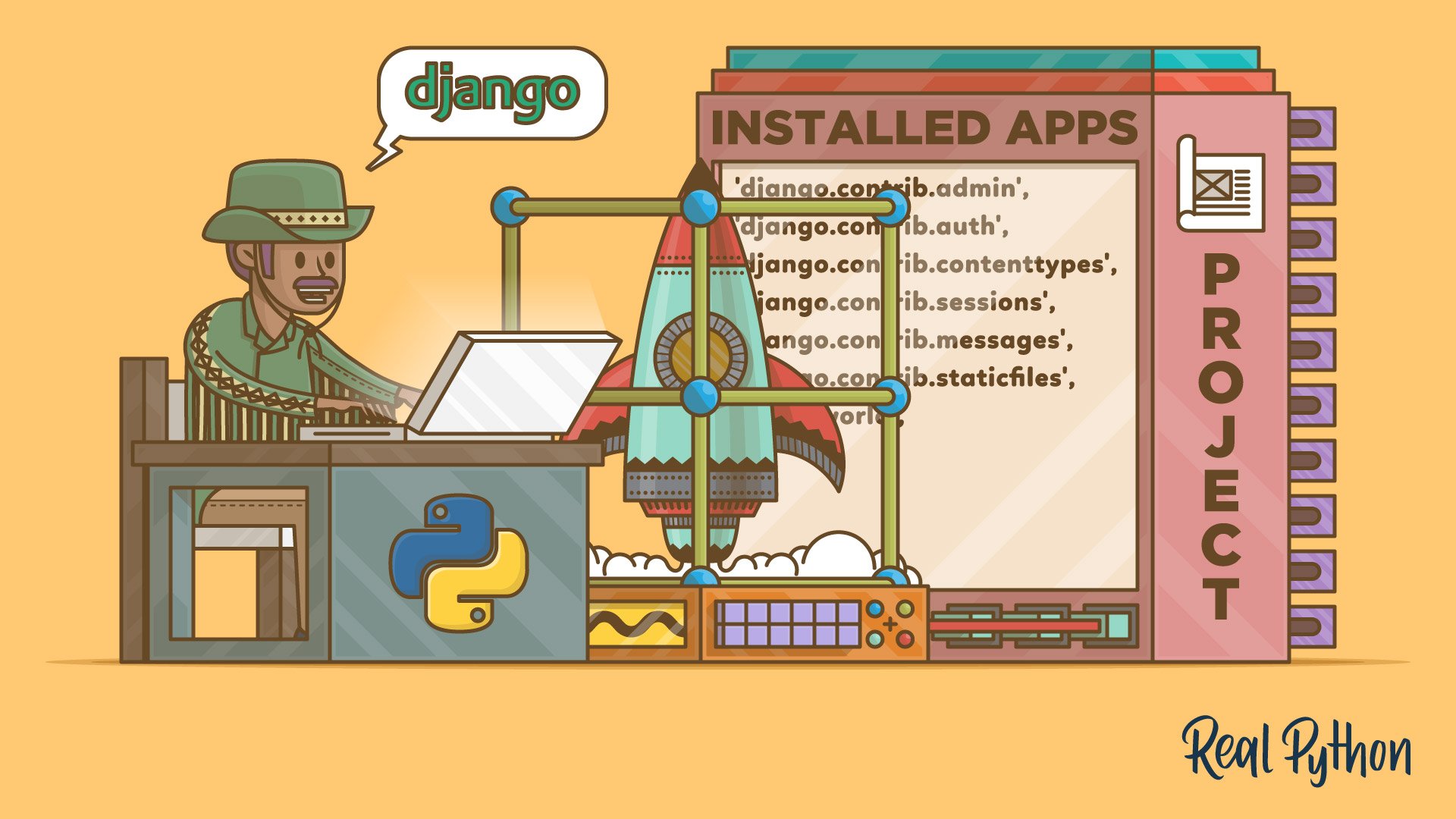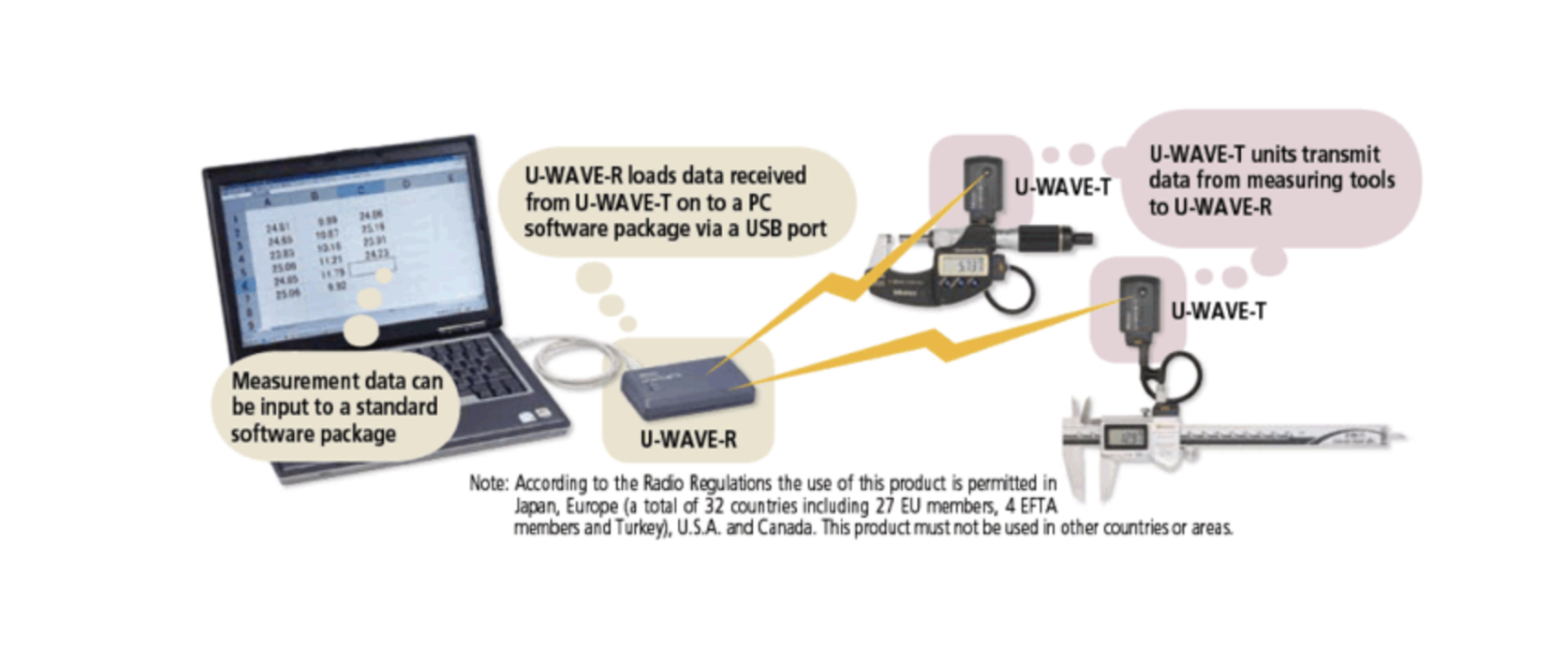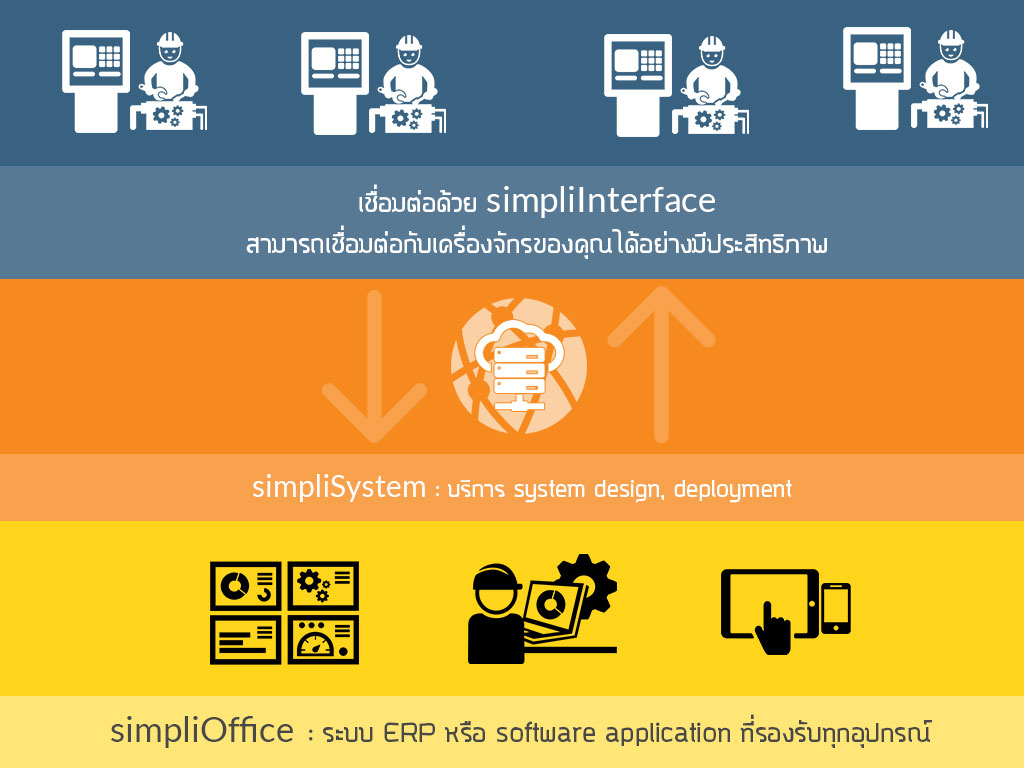Why Your Business Should Build Its Own E-Commerce System (Instead of Renting One)
In the digital era, having your own online store is not just an option — it is a core capability for business growth. Yet most companies still rely on rented SaaS platforms like Shopify, WooCommerce plugins, or marketplace storefronts. These systems are quick to start, but once your business grows, their limitations start to slow you down.
For businesses that want full ownership, unlimited customization, long-term cost control, and stable scalability, building your own e-commerce system is the smarter strategy.
This article explains why more serious companies now choose to own their technology — especially with solutions like SimpliShop by Simplico, a modern e-commerce backend designed for real businesses.
🔥 1. Full Data Ownership — No Vendor Lock-In
On SaaS platforms, your customers, orders, and product data are stored in their system, not truly yours.
If pricing changes, features get removed, or the platform suspends your account, you’re powerless.
Building your own system means:
- You control the database
- You decide how data is used
- You can run unlimited analytics
- You keep your customers forever
- You avoid hidden API limits
Owning data = owning the business.
⚙️ 2. Custom Workflows Tailored to Your Business
Every company has unique processes:
- Multi-warehouse inventory
- B2B tier pricing
- Custom checkout rules
- Promotion logic
- Manufacturing-to-order flows
- Complex shipping or fulfillment
- Integration with ERP/POS/CRM
Generic SaaS platforms cannot bend deeply enough.
With SimpliShop, you can build your own:
- Admin workflows
- Inventory rules
- Delivery flows
- Extra fields and custom order statuses
- Document automation (PDF invoices, labels, certificates)
Your e-commerce behaves exactly how you need — not limited by templates.
🚀 3. Better Performance and Scalability
Shared rental platforms slow down under heavy load.
Your own e-commerce system can:
- Run on dedicated servers
- Use caching optimized for your catalog
- Handle unlimited products and images
- Scale using cloud or on-prem servers
- Support peak-season traffic without throttling
You invest in performance for your own customers, not shared with thousands of other stores.
💰 4. Long-Term Cost Efficiency
SaaS platforms appear cheap at first — but become expensive when you scale:
- Monthly subscription fees
- Transaction fees
- Additional plugins
- Payment gateway markups
- API usage limits
- Storage quotas
Owning your system with SimpliShop means:
- One-time development cost
- Low maintenance
- Zero transaction cuts
- Zero plugin fees
- Unlimited orders and products
After 12–24 months, custom systems are usually cheaper than SaaS.
🔌 5. Unlimited Integration Flexibility
Modern retail requires deep connections:
- ERP
- WMS
- POS systems
- Rest APIs
- Mobile apps
- Payment gateways
- Logistic providers
- AI assistants or chatbots
- Company internal systems
With SimpliShop’s API-first architecture, integration is simple.
SaaS platforms restrict:
- API speed
- Custom endpoints
- Background tasks
- Server customization
With your own system, everything is open and customizable.
🧠 6. Technology Becomes Your Competitive Advantage
Using the same templates as everyone else means zero differentiation.
Owning your platform gives you:
- Unique customer experience
- Optimized checkout flow
- Special features competitors can’t copy
- Innovative ideas deployed fast
- A proprietary asset that increases business valuation
Your technology becomes a weapon, not a limitation.
🔒 7. Stronger Security & Compliance
With your own infrastructure:
- You choose where data is hosted
- You control backups and encryption
- You restrict admin access
- You add audit logs
- You comply with regulations
- You avoid plugin-based vulnerabilities
SimpliShop includes enterprise-grade security features, suitable for growing businesses.
♾️ 8. You Control the Future of Your E-Commerce
With rental platforms, you are stuck with:
- Their feature roadmap
- Their pricing
- Their plugin store
- Their limitations
- Their downtime
- Their integration constraints
With your own e-commerce system, you control:
- Features
- Infrastructure
- Roadmap
- Branding
- Data behavior
- User experience
Your system evolves with your business — not the other way around.
🌟 SimpliShop — Modern E-Commerce for Fast-Growing Companies
SimpliShop, developed by Simplico Co., Ltd., is a powerful e-commerce base system designed for serious businesses that want:
- A clean and fast backend
- API-first design
- On-premise or cloud flexibility
- Customizable workflow
- Deep integration capability
- Long-term technology ownership
Perfect for:
- Retail brands
- Manufacturers
- Wholesalers
- B2B e-commerce
- Subscription commerce
- Multi-warehouse operations
SimpliShop is not just an online store — it is your long-term digital foundation.
🎯 Conclusion
If your company cares about:
✔ Long-term cost
✔ Full data ownership
✔ Flexibility and customization
✔ Integration with internal systems
✔ Real competitive advantage
Then building your own e-commerce system is the right decision.
And SimpliShop is the perfect starting point.
Get in Touch with us
Related Posts
- Agentic Commerce:自主化采购系统的未来(2026 年完整指南)
- Agentic Commerce: The Future of Autonomous Buying Systems (Complete 2026 Guide)
- 如何在现代 SOC 中构建 Automated Decision Logic(基于 Shuffle + SOC Integrator)
- How to Build Automated Decision Logic in a Modern SOC (Using Shuffle + SOC Integrator)
- 为什么我们选择设计 SOC Integrator,而不是直接进行 Tool-to-Tool 集成
- Why We Designed a SOC Integrator Instead of Direct Tool-to-Tool Connections
- 基于 OCPP 1.6 的 EV 充电平台构建 面向仪表盘、API 与真实充电桩的实战演示指南
- Building an OCPP 1.6 Charging Platform A Practical Demo Guide for API, Dashboard, and Real EV Stations
- 软件开发技能的演进(2026)
- Skill Evolution in Software Development (2026)
- Retro Tech Revival:从经典思想到可落地的产品创意
- Retro Tech Revival: From Nostalgia to Real Product Ideas
- SmartFarm Lite — 简单易用的离线农场记录应用
- OffGridOps — 面向真实现场的离线作业管理应用
- OffGridOps — Offline‑First Field Operations for the Real World
- SmartFarm Lite — Simple, Offline-First Farm Records in Your Pocket
- 基于启发式与新闻情绪的短期价格方向评估(Python)
- Estimating Short-Term Price Direction with Heuristics and News Sentiment (Python)
- Rust vs Python:AI 与大型系统时代的编程语言选择
- Rust vs Python: Choosing the Right Tool in the AI & Systems Era





